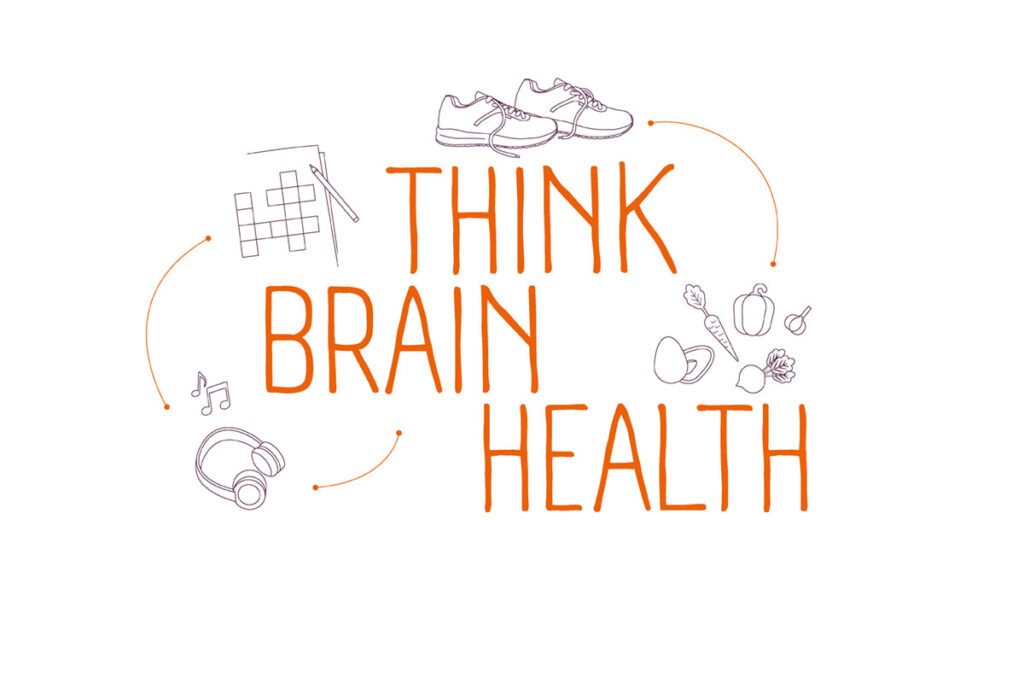The work I was always meant to do

Across my teenage years, my Grandad slowly faded away.
Alzheimer’s Disease chipped away at everything that made him my Grandad. It started when he got lost driving around Coventry’s ring road, having lived in the city his whole life. A while later, he got lost on his mobility scooter at the newsagent just down the road from his home.
Soon he could no longer play chess with me, having taught me the game. His green fingers gradually lost their touch. Eventually he stopped recognising his closest family, mistaking his wife of 50+ years for his long-departed mum, and his fellow nursing home residents for his (in his eyes, extremely lazy) co-workers.
He lost physical function too, although that didn’t stop him making more than one formidable attempt to escape the nursing home on his zimmer frame in a bid to return to his childhood home almost a mile away.
His decline had the sure, relentless progression of a glacier. Slow but unstoppable. It was so sad to watch, and particularly hard to witness the impact it had on my Dad, who was then in his 40s, like I am now. We all felt so helpless.
A campaign aimed at people like me
So I feel privileged to have recently been given an opportunity to do something positive with this deep-buried sadness. In late 2019, Alzheimer’s Research UK asked for Claremont’s help to develop a campaign to get people talking about their brain health. To help people understand that dementia isn’t just a lottery or an inevitable part of ageing. That you can reduce your risk by keeping your brain healthy, just like you can reduce your risk of heart disease by looking after your heart health.
The campaign was to be aimed squarely at people like me. People in their 40s and 50s, who want to live healthily but know they can do better. Those who stand most to gain from adopting healthier lifestyles. And especially those who already know well the cruelty of dementia.
Be helpful, not just another burden
It became clear that to many, brain health is a completely novel concept. Only around a third of people are aware it is possible to reduce your risk of dementia, compared to 77% for heart disease. Early focus group research suggested this was something that was not intuitive. There was often a moment, 30 or 40 minutes in, when the penny dropped: our brains are hugely complex organs which need maintenance.
It was also clear we wouldn’t get far with doom and gloom. Nobody wants Alzheimer’s Research UK to join the long list of organisations lecturing people about how to live their lives. We needed to be helpful, not just another burden.
A co-design approach
We took a co-design approach, working with a group of people whose lives had been touched by dementia over a series of workshops to explore territories, develop propositions and narrow down to a single creative route. In tandem we worked with two of the charity’s partners, Park Run and Warburtons, to get a fresh perspective from their runners and employees respectively. Side by side with our client, we travelled from Bolton to Billericay, and St Albans in between (back in the pre-COVID days when such freedom was taken for granted).
Together we agreed to develop a campaign that was fresh, positive and friendly. A conversation starter designed to draw people in. Out of this process, Think Brain Health was born.
Doing my Grandad proud
The campaign celebrates all the incredible things our brains do for us. From storing precious memories to controlling our emotions, movement and speech. And while it raises the threat of dementia taking all that away, it focuses on empowering people to believe they can take steps to reduce their risk.
Having been put on ice when the pandemic first hit, the campaign finally went live in January, mainly powered by social media advertising. The response has been hugely encouraging, with the campaign responsible for over half of the charity’s web traffic in the first few weeks – the vast majority of whom had never visited before.
With my Claremont hat on, I really hope this is the start of something big and important that can lead to meaningful change. As a grandson and son, I just hope we do my Grandad proud.
